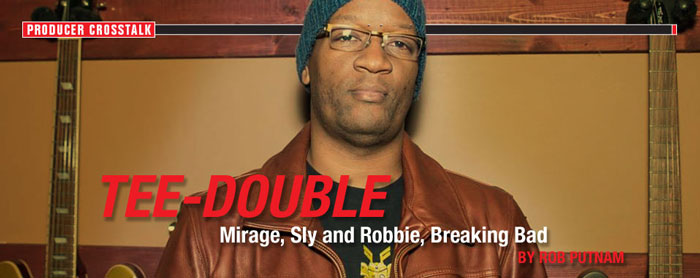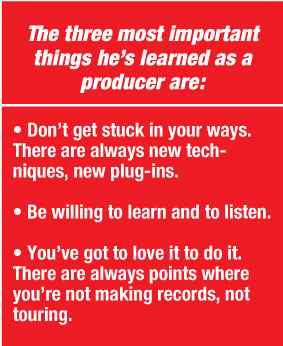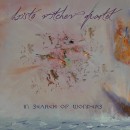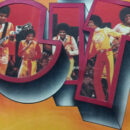
By Rob Putnam
Austin, TX has risen to the fore as a creative mecca. Hip-hop artist, producer and advisor to fledgling artists Tee-Double (a.k.a. Terrany Johnson) knows this well. He started writing music at the age of nine. He self-releases about two records a year through his label Kinetic Global Media Group and also helps artists through Urban Artist Alliance, a non-profit he founded to advise and guide new voices.
He adopted a self-sufficient approach when, as a youth, he read the jacket of Prince’s Controversy. “‘Written, produced and arranged’ by one guy,” he recalls. “That’s how I thought you made records. Now I write, produce, mix and master all of my own projects. I even ship from here.
 “I handle 90 percent of my contracts,” he continues. “There are ways to negotiate revenue from licensing instead of up-front fees. The revenue and publishing from my song ‘Bringing It Back’ in Breaking Bad will probably come forever. The way I structured my licensing deal, I get the final say. I decide where my music gets placed in and the back-end deals. I’ve also placed in indie films with step deals. It’ll be in festival movies and if it gets picked up, then my money kicks in. Those can pay off in the long run.”
“I handle 90 percent of my contracts,” he continues. “There are ways to negotiate revenue from licensing instead of up-front fees. The revenue and publishing from my song ‘Bringing It Back’ in Breaking Bad will probably come forever. The way I structured my licensing deal, I get the final say. I decide where my music gets placed in and the back-end deals. I’ve also placed in indie films with step deals. It’ll be in festival movies and if it gets picked up, then my money kicks in. Those can pay off in the long run.”
The secret to a good song is emotion. “You can take bad lyrics, sing them well and make it a good song,” he asserts. “It’s all about feeling. Today, most people care about rhythm and hooks—even more than verses. If you want a song that’s going to be listened to for years, the emotion and words have to be right. Think of early Motown: Marvin Gaye and Smokey Robinson sang those songs so well. That’s what sold them.”
Tee-Double launched Urban Artist Alliance after witnessing shortcomings of other non-profits intended to help artists. He funds it personally and now artists reach out to him from across the country. “We consult to artists; we teach them the music making process: before, during and after,” the producer explains. “We show them how to make music, how to get a record and/or licensing deal and how to interact with the industry. We pull artists away from doing mix-tapes and get them back to making albums. You can make 20 mix-tapes, but that’s other people’s music. You’re not earning any money. Those mix-tapes could have been albums in your catalog.”
Kinetic Global emphasizes artists over revenue; innovation rather than trend chasing. “I’ll never sign an artist ’cause they’re the new hip thing,” he says. “Trends come and go. Most of what you hear today was developed a year ago and is now just hitting market. I produce records ’cause I like the music and person. I don’t have to do it to pay bills. That’s a good situation ’cause you can [then] be more honest about the music.”
Currently he’s working on a new record and further licensing opportunities while several projects incubate. Meanwhile, Urban Artist Alliance consumes about half of his time. “I’m big on artists learning as much as they can about the business,” he says. “I learned about publishing when I was 13. We have to educate artists about the industry so they don’t repeat the mistakes of others.”
Contact Tee-Double, teedouble.com







